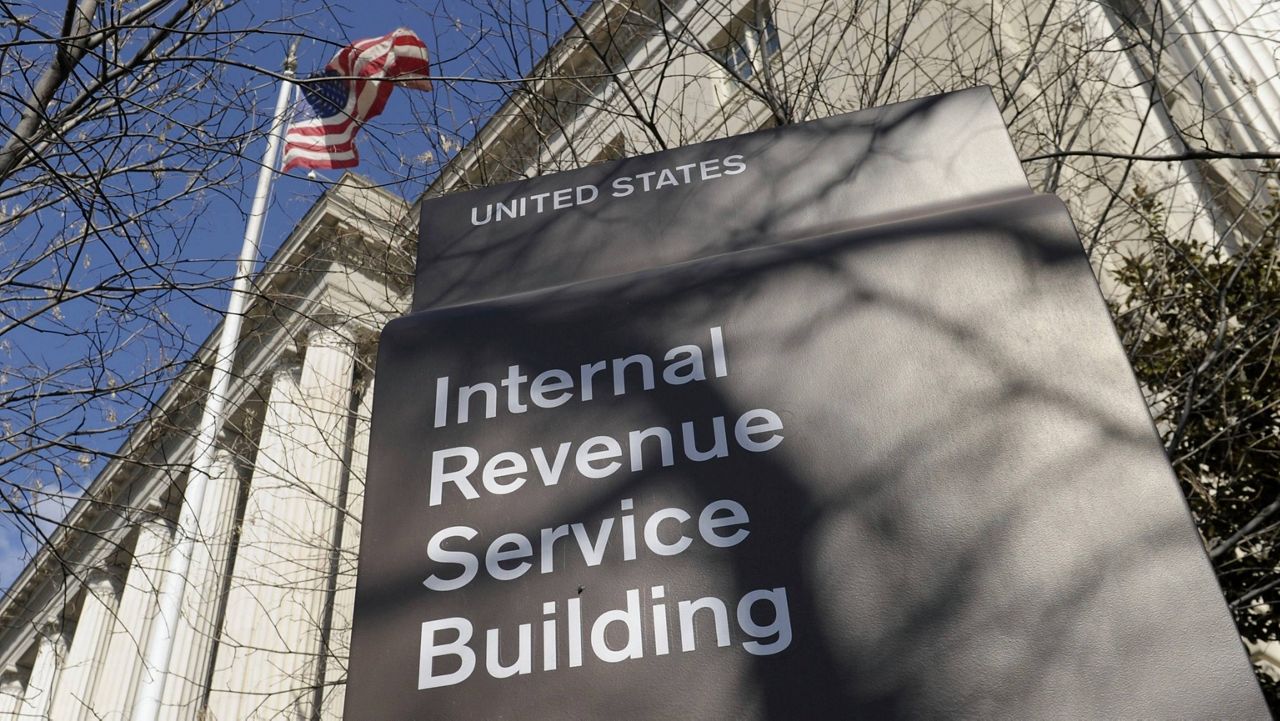ST. PETERSBURG, Fla. – Today is April 15, which means tax returns are due.
But for filers in Florida, the deadline has been pushed back to May 1 due to hurricanes Helene and Milton.
What You Need To Know
- IRS has pushed the deadline back to May 1 for those directly impacted by hurricanes Helene and Milton
- Taxpayers get the extra time without having to ask for it
- IRS.gov has a variety of information to help disaster victims navigate common situations in the aftermath of disasters
IRS.gov has a variety of information to help disaster victims navigate common situations in the aftermath of disasters. The IRS also has a special hotline specifically dedicated to taxpayers with disaster-related tax questions; disaster victims can call the agency’s disaster hotline at 866-562-5227.
Here is a rundown on tax help available from the IRS.
More time to file and pay
The IRS automatically gives taxpayers whose address of record is in a disaster-area locality more time to file returns and pay taxes. Taxpayers get the extra time without having to ask for it.
- Currently, taxpayers in the entire states of Alabama, Florida, Georgia, North Carolina and South Carolina, and parts of Tennessee and Virginia, who received extensions to file their 2023 returns have until May 1, 2025, to file. Tax-year 2023 tax payments are not eligible for this extension. In addition, May 1 is also the deadline for filing 2024 returns and paying any tax due.
The IRS is offering relief to any area designated by the Federal Emergency Management Agency (FEMA). The current list of eligible localities is always available on the Tax relief in disaster situations page on IRS.gov.
This page also provides disaster updates and links to resources, and information is usually available on the IRS Twitter (now X) account as well.
Disaster payments usually tax-free
Qualified disaster relief payments are generally excluded from gross income. In general, this means that affected taxpayers can exclude from their gross income amounts received from a government agency for reasonable and necessary personal, family, living or funeral expenses, as well as for the repair or rehabilitation of their home, or for the repair or replacement of its contents. See Publication 525, Taxable and Nontaxable Income, for details.
What else is different this year?
The IRS has expanded a program that allows people to file their taxes directly with the agency for free. The federal Direct File program, which permits taxpayers to calculate and submit their returns without using commercial tax preparation software, is now available to taxpayers in 25 states, up from 12 states that were part of last year’s pilot program.
The program allows people in some states with very simple W-2s to calculate and submit their returns directly to the IRS. Those using the pilot program in 2024 claimed more than $90 million in refunds, the IRS said in October.
What if I have a tax liability?
For those that have a tax liability and don’t have the money to cover the tax bill, ignoring the tax filing deadline of May 1st could bring punishing late filing fees and interest.
The IRS offers a number of options for those that can’t cover tax liabilities, including short and long-term payments plans with interest rates starting at 7% here https://www.irs.gov/payments/payment-plans-installment-agreements.
On the flip-side of owning taxes, the IRS has just released its unclaimed tax returns from the 2021 tax season.
The IRS says it is currently holding more than $1-billion-dollars in unclaimed returns nationwide, with $61-million-dollars of it being owed back to around 70-thousand Floridians. For more information on unclaimed returns, visit here https://www.irs.gov/newsroom/more-than-1-billion-in-2021-tax-refunds-still-unclaimed-taxpayers-should-act-now-to-see-if-they-are-eligible.










